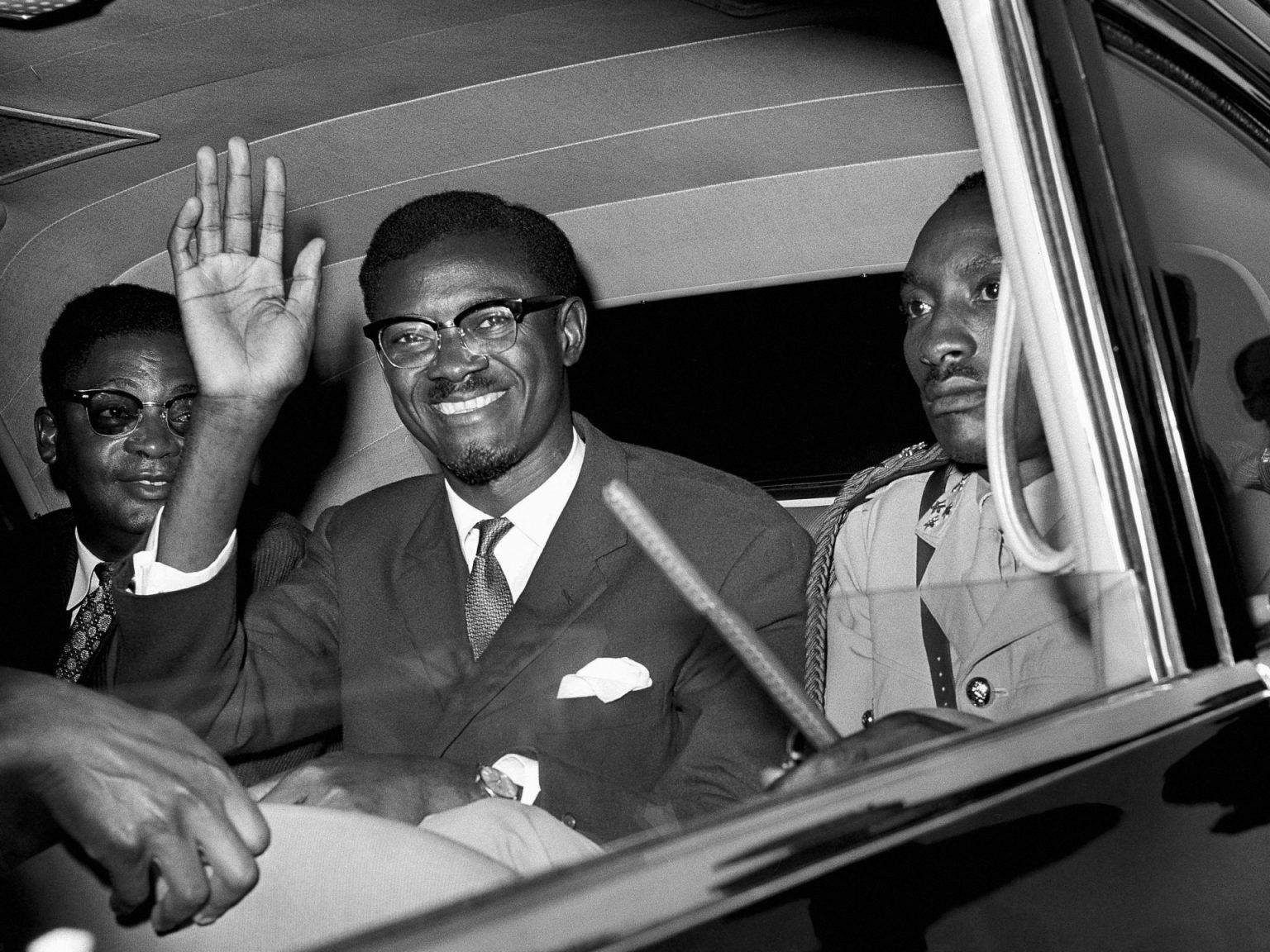Patrice Lumumba, the Democratic Republic of Congo’s first prime minister, ascended to power in June 1960 with a vision of a unified and prosperous nation, free from the shackles of Belgian colonialism. His impassioned Independence Day speech, delivered in the presence of King Baudouin of Belgium, resonated deeply with the Congolese people, but simultaneously ignited anxieties among European powers. Lumumba’s powerful words, condemning the injustices of colonial rule and proclaiming the potential of a liberated Congo, marked him as a potent symbol of African resistance. Tragically, his pursuit of true independence and a rejection of neo-colonial influences ultimately led to his assassination just six months later, leaving a legacy both celebrated and contested.
The assassination of Lumumba in January 1961 cast a long shadow over the Congo. While the details remained obscured for years, it’s now understood that he was murdered by Congolese soldiers with the support of Belgian authorities and the tacit approval of the United States. This act, fueled by Lumumba’s perceived threat to Western interests during the Cold War, robbed the Congo of its nascent leader and plunged the nation into a period of instability. For many Congolese, like 85-year-old Kasereka Lukombola, the news of Lumumba’s death was a devastating blow. Lukombola, who vividly recalls the era of Belgian rule, laments the loss of Lumumba’s leadership, believing he could have ushered in an era of prosperity for the Congolese people. He attributes Lumumba’s assassination to the Belgian colonizers’ fear of his growing influence and his unwavering determination to dismantle their system of racial segregation and exploitation.
The events leading up to Lumumba’s death were a whirlwind of political turmoil. Following his Independence Day speech, the Congo descended into chaos, marked by an army mutiny and the secession of the mineral-rich Katanga province. Belgium’s intervention in Katanga, coupled with the UN’s ineffective peacekeeping efforts, prompted Lumumba to seek assistance from the Soviet Union, a move that further alienated Western powers. This perceived alignment with the communist bloc solidified Lumumba’s status as a threat in the eyes of the US and Belgium. Subsequent dismissal from government, a military coup led by Colonel Joseph Mobutu, house arrest, a brief escape, and eventual recapture paved the way for his tragic end. Lumumba, along with two associates, was transported to Katanga, subjected to brutal torture, and ultimately executed by a firing squad. The gruesome disposal of their bodies, dissolved in acid, underscored the brutality of the act and the lengths to which his enemies went to erase him.
The assassination of Lumumba continues to spark debate and contrasting perspectives within the Congo. While many, like Lukombola, view him as a visionary leader whose untimely death robbed the nation of its potential, others hold a different view. Grace Bahati, for example, believes that Lumumba’s hasty push for independence was a grave error, leaving the Congo ill-equipped to govern itself in the absence of Belgian administration. This perspective highlights the complexities of Lumumba’s legacy and the enduring impact of his decisions on the country’s trajectory. Historian Dany Kayeye challenges this narrative, arguing that Lumumba’s pursuit of independence was a necessary response to decades of Belgian exploitation. Kayeye posits that Lumumba became a target due to his perceived “radicalization” and his willingness to engage with the Soviet Union, which was viewed as a direct challenge to Western interests during the Cold War. This context underscores the geopolitical forces that contributed to Lumumba’s demise.
Jean Jacques Lumumba, Patrice Lumumba’s nephew and an anti-corruption activist, carries the torch of his uncle’s legacy. Forced into exile in 2016 for speaking out against corruption, Jean Jacques draws inspiration from his uncle’s unwavering commitment to justice and fairness. He sees Lumumba as a symbol of a better Congo and a source of strength in his own fight against corruption, which he considers a major impediment to the development of African nations. For Jean Jacques, his uncle’s legacy transcends national boundaries, resonating with anyone who strives for freedom and dignity. He believes that Lumumba’s sacrifice should serve as a call to action for African leaders to honor his memory by working towards a prosperous and self-determined continent.
More than six decades after his death, Lumumba’s legacy continues to shape perceptions of the Congo’s past, present, and future. Despite its vast natural wealth, the DRC remains mired in crises, from armed conflict to pervasive poverty and ongoing exploitation of its resources. Many Congolese, like Daniel Makasi, see a continuation of colonial practices in the form of multinational corporations extracting resources without benefiting the local population. They believe that channeling Lumumba’s spirit of resistance is crucial to combating these neo-colonial forces and securing the country’s resources for the benefit of its people. Lumumba’s brief but impactful leadership, his commitment to true independence, and his unwavering belief in the potential of the Congolese people continue to inspire hope for a future free from exploitation and injustice. His story serves as a potent reminder of the ongoing struggle for self-determination and the enduring power of resistance in the face of oppression.

